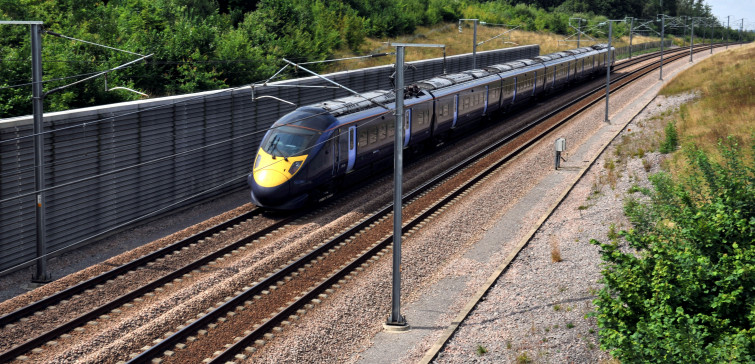Procurement & commercial management
With global economic pressures hitting the rail industry as hard as any other sector, there has been in recent years an increasing focus towards the supply chain to gain efficiencies and to deliver maximum value for every pound spent.
Of course, with a growing demand and a high degree of visibility there is no room for compromise – therefore cost savings must be real; safety and quality cannot be diluted, innovation must be encouraged and investment must continue.
Procurement & commercial management
The challenge for supply chain professionals is to balance the demands of safety, quality, reliability, performance, timeliness and sustainability – whilst reducing costs, increasing value and maintaining affordability.
Procurement & commercial management
The commercial community in Network rail has developed tried and tested methods of maintaining all these considerations in every step of the procurement process. Starting with a well managed community of suppliers with whom time is invested to develop relationships, measure performance and manage outcomes.
Great attention is paid to commercial considerations at the early stages of a project, ensuring the strategy that is formed will enable the procurement to be undertaken effectively. Professional teams then balance experience and rigorous process to invite and evaluate robust tenders.
Mature relationships with suppliers facilitate meaningful negotiations to ensure clarity behind the range of pricing and evaluating models used to arrive at contract solutions.
After contract placement the commercial teams manage the contract closely, ensuring compliance with requirements, maintenance of delivery programmes and tight control of scope and cost change.
Reviews of completed contracts are undertaken to ensure lessons learned are fed back into future procurements to make sure an environment of continuous improvement drives everything we do.







